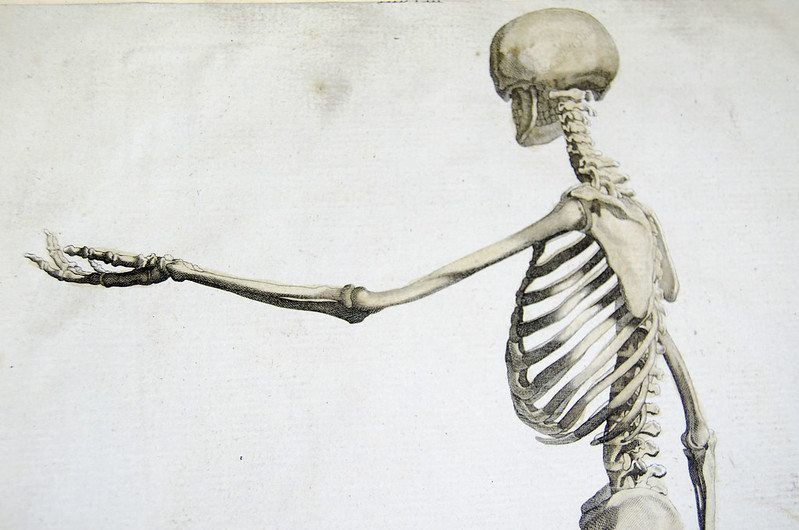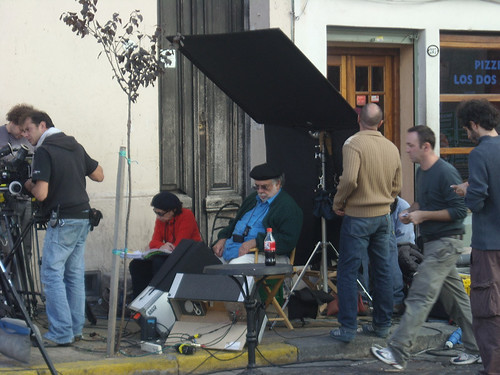This review may contain spoilers for Megalopolis.
47 years. The idea for Megalopolis, the latest film and passion project of director Francis Ford Coppola (The Godfather trilogy, Apocalypse Now) has supposedly been in the works for 47 years since Coppola first conceived it in 1977. Allegedly, actual work didn’t begin on developing the idea until 1983, but still, that’s more than 4 decades of thought and work that has gone into this project, sprung from the mind of the creator of some of the most revered films in the history of the medium. Megalopolis carries an amount of weight and history that few movies can compare to; it is a self-proclaimed cinematic fable that quite literally has spanned centuries in its creation, with a message it believes is a timeless, universal solvent to the ailments of our modern times. In that sense, the response to Megalopolis has been fitting. No movie in recent memory has had as eventful and controversial a rollout as this. From an alleged 10-minute standing ovation at its premiere to the wildly mixed reviews after the fact to the trailers that made up fake pull quotes for the movie and eventually had to be taken down, the latest film from the famed director has been plagued with buzz from the first moment it hit public screens. However, it seems that the media isn’t the only one in a buzz over Megalopolis- after actually watching the film, it’s safe to say that Coppola has been sniffing his fumes as well, as Megalopolis is quite simply the most egotistical and delusional project by a director with this budget this century, possibly in the history of the cinematic medium.
To understand what makes Megalopolis such a self-absorbed mess, I must first attempt to recap its narrative. Cesar Catalina (Adam Driver) is an architect/scientist(?)/artist who heads up the “Design Authority” in the city of New Rome, a position which he uses in pursuit of creating a utopian city called Megalopolis. However, Cesar is blocked by Mayor Frank Cicero (Giancarlo Esposito), who sees Cesar as a mere lofty, dangerous idealist. In the midst of it all is Julia Cicero (Natalie Emmanuel), the mayor’s daughter who comes to work with and falls for Cesar in his pursuit of creating Megalopolis. There’s more to the plot that I simply don’t have the energy or page space to explain in depth: there’s also Jon Voigt as Hamilton Crassus, Cesar’s uncle and the wealthy owner of The Bank (it may have an actual name, but the characters simply refer to it as The Bank) who marries the ambitious and duplicitous reporter Wow Platinum (Aubrey Plaza, and yes that is her real name), as well as Crassus’ politically aspiring son Clodio (Shia Labeouf) who may be an allegorical stand-in for Donald Trump? All that you truly need to know about Megalopolis is that Cesar is a self-insert for Francis Ford Coppola, a “genius” (neither the film nor its marketing will let you forget that word) artist who sees past all the tired arguing and despair of the modern world towards a utopic future. The film continuously espouses the idea that merely starting a debate about improving the future is a step towards utopia, that what makes empires like Rome or America die is when people stop believing they have a future. Cesar says that merely talking about his Megalopolis is a step towards keeping civilization alive, and it’s clear that Coppola feels the same about his Megalopolis, that it’s a film that will start conversations and in doing so improve the world, somehow, someway.
In reality, Megalopolis is a tonally confused, overthought, overwrought, and just a straight-up boring mess filled with delusions of grandeur. The cast is filled to the brim with actors trying their best to deliver the worst performance in the cast, and of their career; only Adam Driver seems to match the tone the film is vying for. Everyone else appears to have either given up or are acting in a different movie than the person next to them. Giancarlo Esposito barely seems like he wants to be here. Aubrey Plaza seemingly wishes she was playing a character in a 50s noir film, or at the very least a parody of one, while Shia LaBeouf is acting like he’s in Baz Luhrmann’s Romeo + Juliet. The filmmaking is no less dissonant, filled with strange, sometimes interesting editing decisions, aspect ratio changes, and costume decisions that alternate between Roman togas and cloaks to suits and ties, none of which add up to anything of note. Some scenes play as overt comedy, which had people in my theater laughing their asses off, alongside similar scenes with an identical tone that I can’t imagine were intended to have the same effect (an assassination attempt against Cesar by a blank-faced 12-year-old followed by a hallucinatory dream sequence where doctors are putting futuristic construction material into Cesar’s face comes to mind first for the latter). Digital effects and green screen backgrounds are everywhere here, giving the entire film a surreal, “fableistic” quality that is intentional, but the tonal mishmash of the film makes it so it always comes off as shoddily made rather than admirably experimental. All of it is attempting to add up to some deep metaphor drawing a connection between the fall of Rome and the current state of America right now, but in execution, it feels both muddled by 4 decades of writing and development and too blisteringly earnest, lacking entirely in intelligence and subtlety. In some parts of the Megalopolis, its sincerity does shine through as a positive. As someone who often tries to find something to love in these absurd late-career auteurist projects, I was somewhat touched by the plotline involving Cesar’s grief over his deceased wife, especially in light of the ending title card that’s dedicated to Coppola’s own passed wife Eleanor. Admittedly, some of the corny theming about how love will save us all and guide us into a brighter future got me– I’m willing to indulge a small bit in any film that so wholeheartedly and optimistically believes in the power of loving your fellow human beings.
At the end of the day, though, Megalopolis may be the largest argument against the death of the author cinema has provided in years, and ultimately not in a way that benefits it. Though there are moments of true, artistic sincerity that show its creator leaving his heart bare and vulnerable in the way that art should be used, the film’s cracks also show its creator’s deep, unsettling flaws, in ways it did not intend to and in ways that poison the well for the rest of the movie. Every one of the many scenes of Cesar being slandered or attacked by his rivals in the media, especially one sequence that involves a false accusation of sexual assault, feels deeply uncomfortable and gross in the context of recent accusations of inappropriate contact and sexual misconduct against Coppola by some of the film’s crew. Characters accuse Cesar of being a womanizer, to which another character steps in and says “Womanizer… As if the woman didn’t have anything to do with it,” which feels very much like reactionary rhetoric towards accusations such as those leveled against Coppola, and makes it impossible to separate the protagonist from his problematic creator. Megalopolis feels like a depiction of the world by a man who believes that he’s a visionary who sees the solution to our modern problems and that anyone who criticizes him is merely a conniving liar who either doesn’t see his vision or doesn’t want it to succeed. Only, there’s one small issue: Coppola is no longer the renegade New Hollywood filmmaker that he was in the 70s, and Megalopolis isn’t a vision of a better future, for cinema or for the world— it’s the platitudinous ravings of a creepy rich wine baron who has long aged out of living in or understanding the real world that he supposedly wants to fix. For a movie that attempts to be what it does, it’s ultimately worse than an absurd mess: it’s just not that interesting or relevant to the modern world. Reviews like mine will arise, and reviews espousing the opposite perspective will grow to oppose them, but ultimately, that will be the extent of Megalopolis’ impact. At the end of the day, Coppola and Megalopolis will have simply failed to start a real conversation about the world.



























































